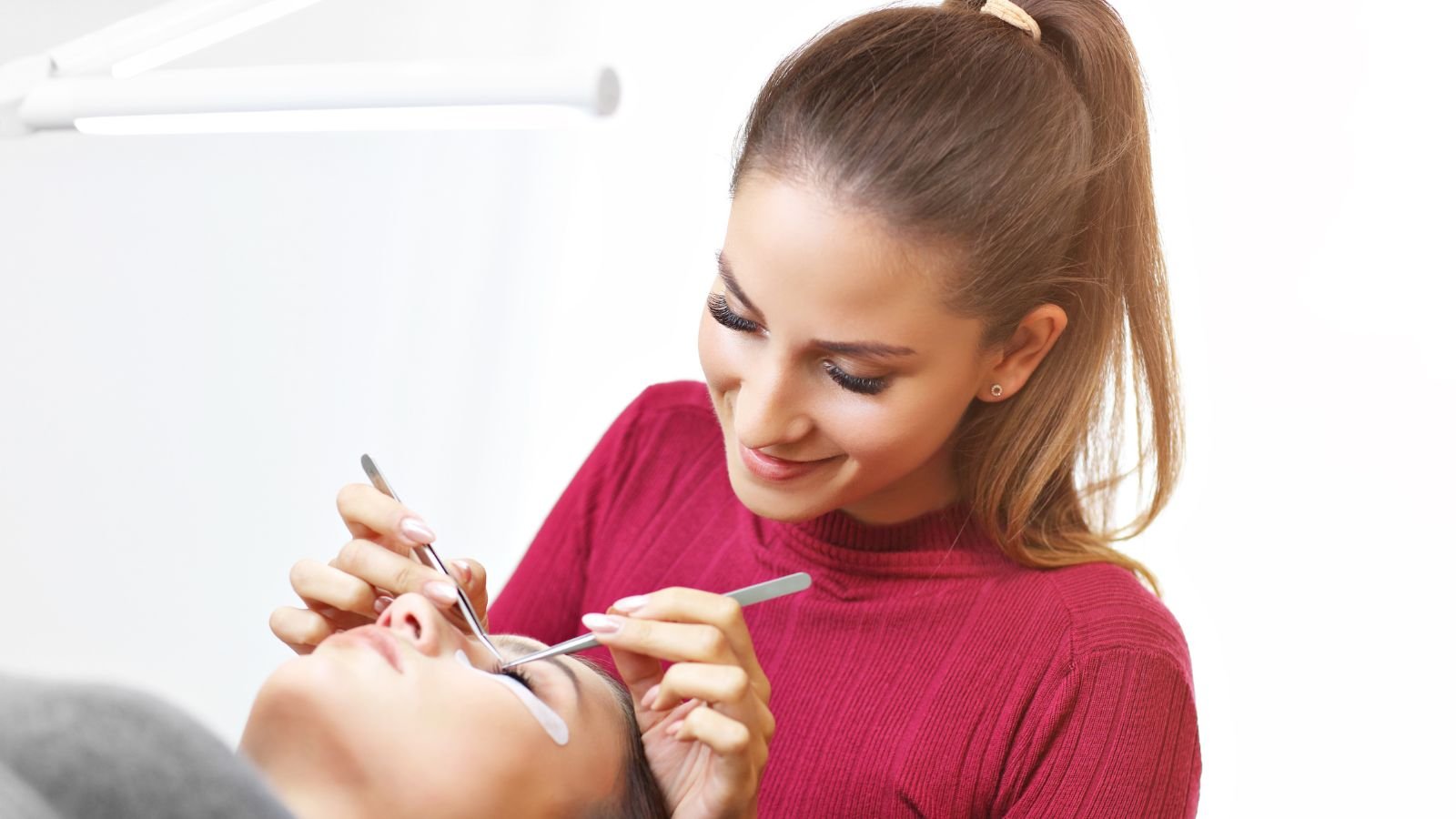Addiction is associated with alcohol consumption, smoking, gambling, and substance use. However, there are some other shocking yet real things that you might be addicted to in daily life but are not aware of. Read this post to know more.
Cell Phone Usage

56.9% of Americans admit to being addicted to their cell phones. If you have a habit of checking your cell phone every few minutes, after waking up, while driving, before sleeping, or in the toilet, it is an addiction. A sense of panic or anxiety when the cell phone battery goes down or feeling uneasy leaving it at home is also a sign of addiction.
Internet Browsing

While the internet is an integral part of everyone’s life, being unable to access social media creates Fear Of Missing Out (FOMO) or lack of satisfaction. Excessive internet browsing for engaging in pornography, online dating, or gaming is also a red flag.
Television

You may be using cell phones or browsing the internet sparingly, but take note of your television viewing habit. You could be glued to your television set for hours to binge-watch soap operas, reality shows, sports events, or other content streaming on Netflix, Amazon, etc.
Exercising And Dieting

Fitness is necessary for your physical, mental, and emotional health, but overdoing it makes you a health addict. You continue to break a sweat despite an injury or muscular pain and ignore your personal and professional relationships. You are obsessed with counting calories for every morsel you take and get anxious about your weight.
Caffeine

At least 93% of Americans consume caffeine in tea, brewed coffee, soft drinks, etc. However, over 50% are unaware of caffeine’s safety amount (400 milligrams daily). If you are used to grabbing caffeinated products several times daily to get an energy kick, you should stay within the safety limit.
Piercings And Tattoos

Getting inked or pierced is a beautiful form of self-expression and individuality. This body art develops into addiction when you start doing it for an adrenalin rush, excitement, pain, or self-harm. Piercings and tattoos become routine expenses for you.
Shopping

Who doesn’t love shopping? However, it turns into an addiction when you do it as a coping mechanism. The medical term for excessive shopping is oniomania. Terrence Shulman, a certified counselor, says that shopping often ‘becomes compulsive when it becomes a way to deal with stress or loss, and it can become tough to control.’
Tanning

There is no harm in acquiring a natural tan during sunbathing on a beach or at your home. It can be called obsession when you opt for artificial tanning procedures. Prolonged use of tanning lamps, beds, booths, sprays, and lotions harms your skin. More than 419,000 cases of skin cancer in the United States each year are linked to indoor tanning.
Sugar

You are hooked on sugar if you have a high intake of chocolates, ice creams, cookies, and other unhealthy sweet foods. You come up with different excuses to get sugar high and face withdrawal symptoms on not consuming it. Research suggests that cocaine and sucrose trigger identical cellular changes in brain structure. So, you better be careful.
Cosmetic Surgery

Beauty and fashion influencers and celebrities are normalizing cosmetic surgeries to enhance appearance. An occasional nip and tuck could be acceptable. However, it gets addictive when you want to fix every bodily flaw or defect, even though slight or non-existent in reality.
Eating Chalks

An unusual addiction, chalk eating, is a form of eating disorder called pica. It is also a food craving when your body lacks zinc or red blood cells. Chalk addiction could also be a way to deal with psychological stressors. Usually, chalks are non-toxic, but caution is advisable.
Work

A workaholic tendency occurs when you have a compulsive or uncontrollable need to overwork, even when it is unnecessary, or there is no compensation. Commitment to a job and aspiration for success are valid reasons to put in extra hours at work. However, when you overtake yourself to deal with the fear of failure, the loss of a loved one, or negative emotions, it is addiction.
